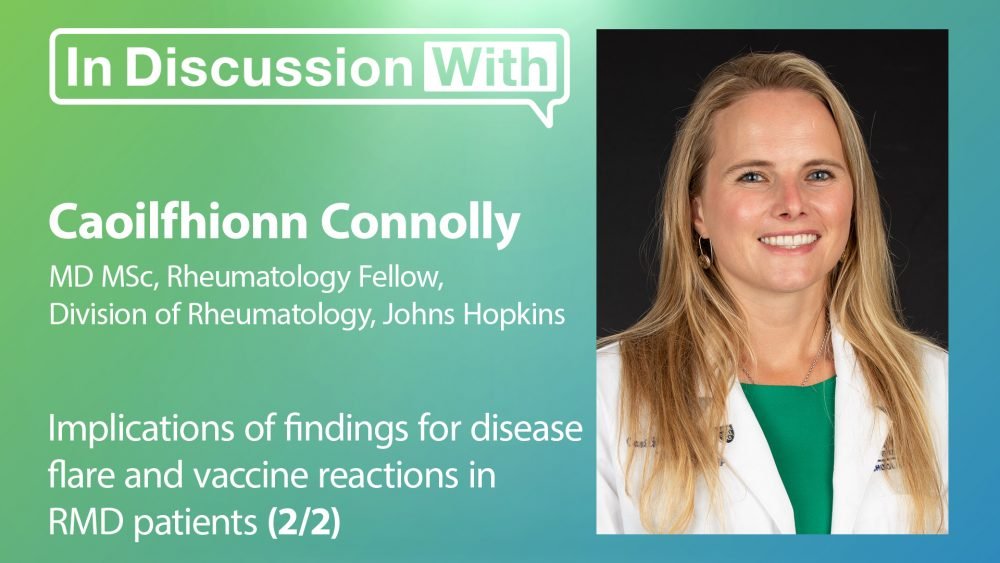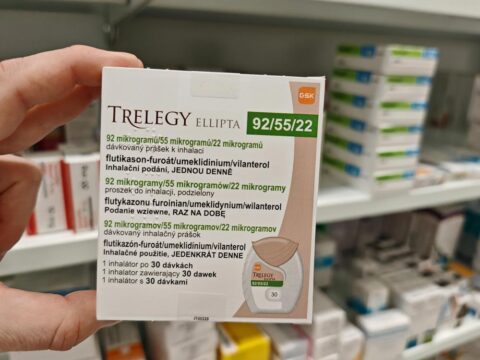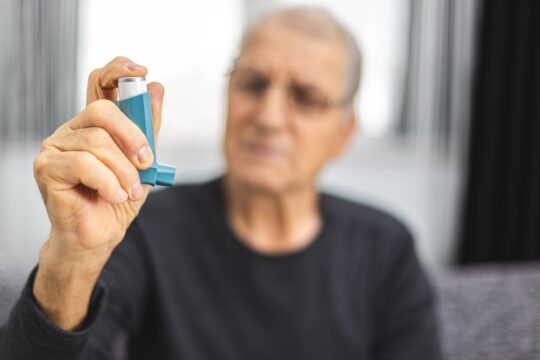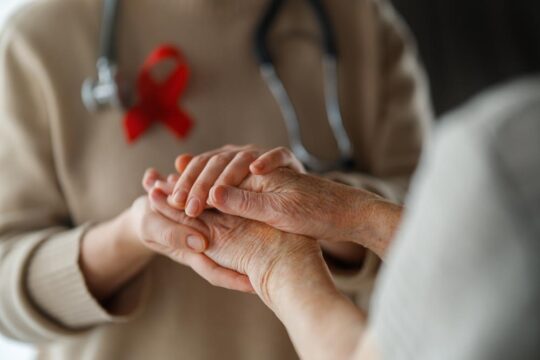Advertisment
Implications of findings for disease flare and vaccine reactions in RMD patients

With low rates of disease flare and reactogenicity after vaccination, the study findings are reassuring for both patients and clinicians, according to Dr Caoilfhionn Connolly, Rheumatology Fellow at Johns Hopkins.
The study showed that RMD patients who received two doses of SARS-CoV-2 vaccination experienced low rates of systemic and local reactions that were mostly mild. Importantly, the frequency of disease flare after vaccination was also low.1 “This is very, very reassuring and this information can help providers and patients have very informed discussions about decision-making around vaccination”, says Dr Connolly.
Turning to the wider context for covid-19 vaccination, Dr Connolly says that there have been “a number of papers showing that much higher antibody levels are required to prevent the omicron variant infection but, reassuringly, vaccines appear to be very effective at prevention of severe infection and death. As the SARS-CoV-2 virus evolves I think that medical counter-measures will also have to evolve and this will require a multi-faceted strategy including prevention through the use of vaccination pre-exposure prophylaxis [for] high-risk patients and then early treatment and intervention with antiviral therapies to reduce severity of infection”.
In the UK sotrovimab and molnupiravir are to be available for early treatment of patients at the highest risk of seriously illness from covid-19 such as those receiving immunosuppressive treatment.
“Patients on immunosuppression or who are immunocompromised in some way – they’re the high-risk patients that we really have to work in the medical community to protect. …. I think that these patients are the ideal candidates for early treatment with antiviral therapies because it has been shown to reduce severity of infection and [is] something that we’re implementing here”, says Dr Connolly
“We’re using Paxlovid, when it is available – hopefully supplies will increase over coming weeks and months – and then molnupiravir is also an option, although we’re preferentially using Paxlovid if it’s available, she adds.
Dr Connolly would encourage RMD patients to be vaccinated for SARA-CoV-2. She says, “The risks of not being vaccinated include getting covid-19 infection and the risks associated with that include severe infection, hospitalization and death. ….The risks of vaccination include very mild local and systemic reactions like pain in the arm and fatigue and less than one-in-10 chance of a flare of underlying rheumatic disease. So, I think you know the safety profile of the vaccines is very reassuring and I would urge patients to get vaccinated if they can”.
Reference
Connonlly CM et al. Disease Flare and Reactogenicity in Patients With Rheumatic and Musculoskeletal Diseases Following Two-Dose SARS–CoV-2 Messenger RNA Vaccination. Arthritis and Rheumatology 2022;74: 28-32
Dr Caoilfhionn Connolly is a second-year rheumatology fellow at the division of rheumatology at Johns Hopkins in Baltimore, Maryland, US.
Read and watch the full series on our website or on YouTube.





